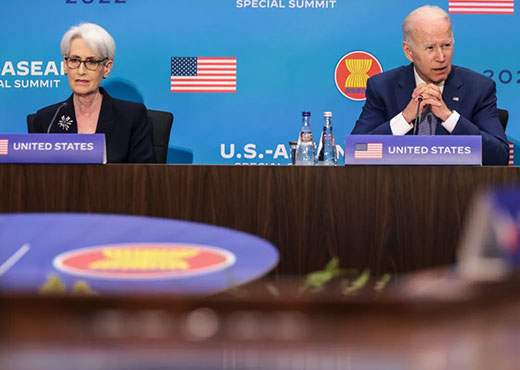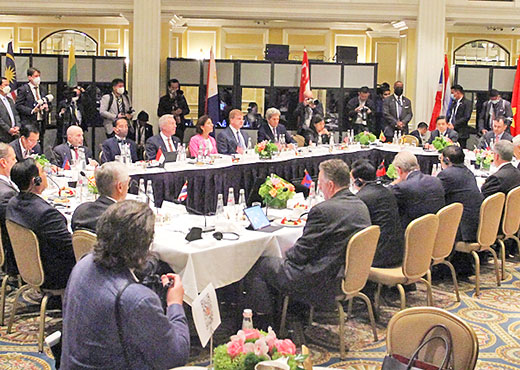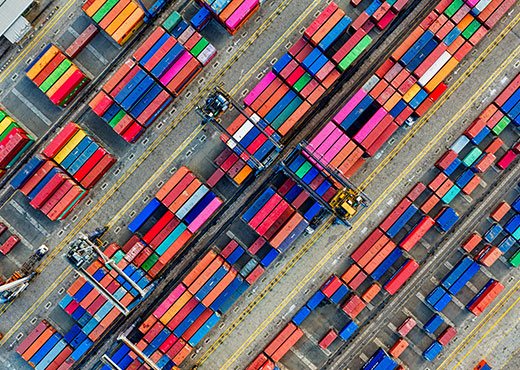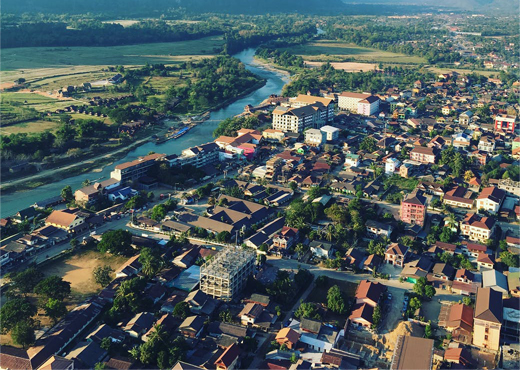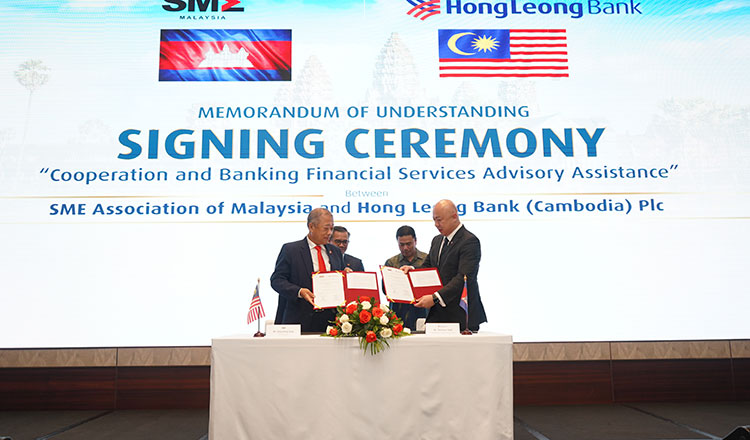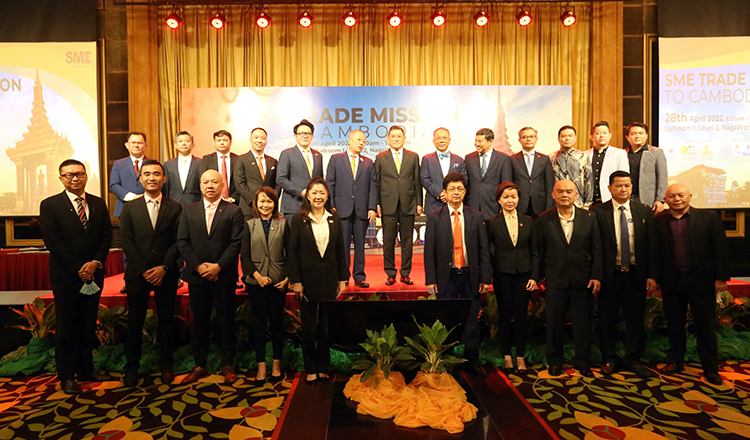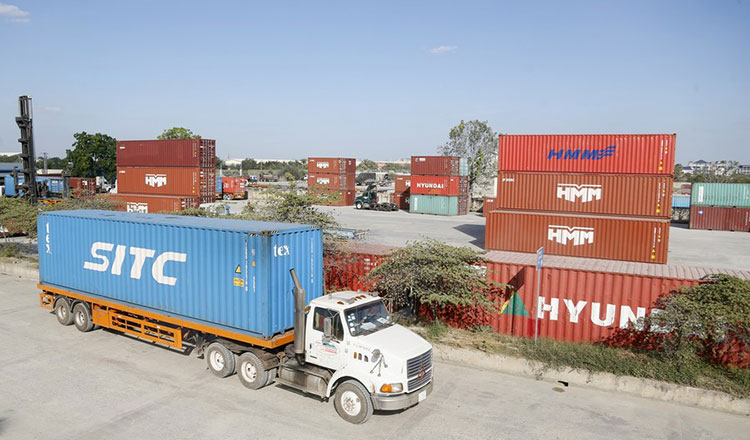You’ve decided to live and work in Taiwan and begin mapping out your path to launching a business in Taiwan. But before you go any further, here are some things to think about.
Knowing if your business is a good match for Taiwan
As a hardware manufacturing hub, Taiwan is an obvious choice for multinationals like Apple, Google, and HP looking for partners and suppliers.
But zero-to-one companies may have a harder time identifying the best ways to leverage Taiwan’s capabilities. Since Taiwan’s strengths lie mostly in tech manufacturing, an SME that produces physical products, say, electric bicycles or 3D printers would have the greatest chance of success.
On the other hand, enterprises that are consumer-facing or predicated on a scale, e.g. selling a new elixir (kombucha or handcrafted beer) to Taiwan may need to rethink their plans or businesses that hope to use Taiwan as a stepping-stone to China may encounter more challenges.
Acquiring a government grant in Taiwan
Taiwan has done a great job advertising government support for start-ups. We have encountered many entrepreneurs upon their face visit to Taiwan inquiring about government grants for their startups.
It is important to understand that government grants are awarded not to individuals but to companies registered in Taiwan, so if you’re a foreign entrepreneur with a foreign company, then you need to establish a Taiwanese entity to qualify for a government grant.
Branch offices and representative offices are not eligible for grants. And while foreign workers with Taiwanese residency (ARC) are allowed to receive such subsidies, remote workers located outside Taiwan aren’t eligible. We cover this in greater detail on the process of applying for a government grant in Taiwan here.
Understanding accounting practices in Taiwan
It’s easy to assume that accounting practices are the same at home and abroad, but some aspects of Taiwan’s accounting procedures may come as a surprise.
Take business expenses as an example. In the US, business accounting operates within an “innocent-until-proven-guilty” framework, which means you can write off a business expense on your tax return with a receipt, even if it is written on a paper napkin.
But Taiwan’s business accounting framework is the opposite: you’re guilty until proven innocent. So to claim a business expense, you need to receive a Fa-Piao (發票) or a Uniform Invoice, but in order for it to be an expense deduction, you need to give the vendor your tax ID number, which needs to be typed or written on the official receipt you obtain from them.
Elsewhere, particularly in the context of start-ups, this accounting framework means that a payment you’ve made to a company registered outside Taiwan for a SaaS subscription or to a freelancer in Chiang Mai won’t be recognised by the Taiwanese government as a valid business expense. These are only two examples of how accounting practices in Taiwan can be completely different from other places.
Navigating the regulatory environment in Taiwan
Startups today are built for a digital, cross-border world, but managing cross-country jurisdictions can be a real huge headache from an administrative standpoint. Taiwan may be a liberal and open country, but when it comes to business practices it’s still relatively conservative.
The government in Taiwan oversees much of daily business. Taiwanese labour law, for example, takes precedence over any agreement that may be signed between a company and its employees, so employers and employees can’t enter into any private agreements as they would be able to, say, in the US.
And since the Taiwanese government plays a big role in business, foreign business owners will likely find themselves having to talk to multiple agencies to get answers to their business questions. This is where a service like 11th Fleet can help simplify the process.
11th Fleet’s outsourced CFO/COO solution can help avoid many missteps for entrepreneurs and companies that are new to Taiwan. Most importantly, 11th Fleet can help stave off trouble by helping its clients anticipate any problems that may arise along the way, saving its clients valuable time and money by avoiding detours.
Overcoming the language barrier in Taiwan
Taiwan is closer to Japan and South Korea in terms of English fluency than it is to Singapore or Hong Kong, where English is spoken as an official language.
Although the Taiwanese government is committed to making the country bilingual by 2030, business in Taiwan is still largely conducted in Mandarin, and business contracts and documents are written in Chinese.
This means foreign investors who aren’t fluent in the local language must take the extra step to have their official documents and contracts translated when registering their businesses in Taiwan.
Moreover, when you are ready for business, you should have someone on your team who can help you navigate the language and cultural barriers.

